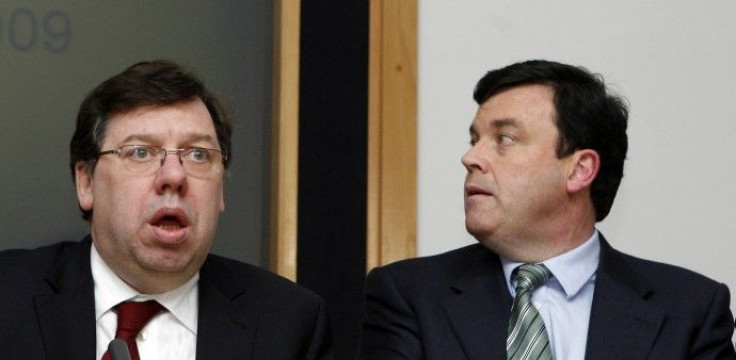Ireland rules out hiking corporate tax in exchange for bailout

The government of Ireland has stated that it will not raise the country's low corporation tax rate in exchange for a bailout from the European Union (EU), amidst speculation that France and Germany want the tax rate increased.
Deputy Prime Minister Mary Coughlan said the 12.5 percent rate – which is far below the EU average - is non-negotiable. Ireland’s European Minister Dick Roche, also asserted that the corporation tax rate was certainly not up for negotiation.
There has been some very unhelpful chatter in the background in the last few days about our corporation profit tax,” Roche told the BBC.
Where would be the sense of destroying one of the great drivers of growth?
Ireland’s low corporate tax rate (which has attracted much foreign investment) has been assailed by other EU members as giving the Republic an unfair advantage. Certain EU nations now say that Ireland should boost taxes in order to increase government funds to help improve the nation’s tattered balance sheet.
Economists at Bloxham Securities in Dublin seem to agree with the Irish government that a hike in tax rates would be short-sighted.
“Raising the corporation tax rate in return for EU assistance would be counterproductive in our view and would put a real question mark over the Irish economy’s ability to return to growth in the long run,” Bloxham wrote in a research note.
However, the Irish government finally reversed course and admitted yesterday that it needs external financial help, after insisting that it did not require any financial support from the EU or International Monetary Fund (IMF).
As EU and IMF officials gather in Dublin to discuss a possible bailout, Ireland’s Central Bank Governor, Patrick Honohan, said he expects a loan of tens of billions of euros.
© Copyright IBTimes 2024. All rights reserved.











